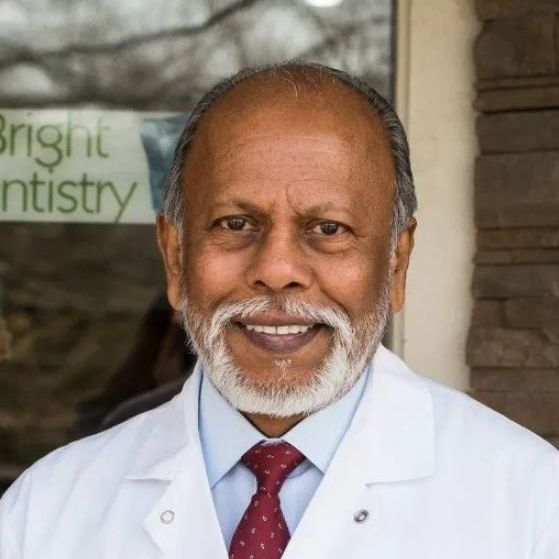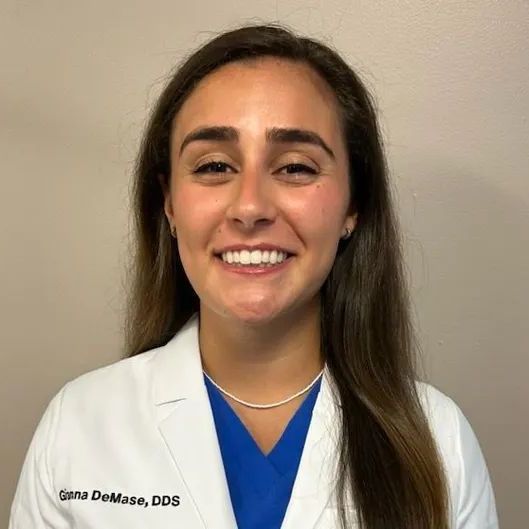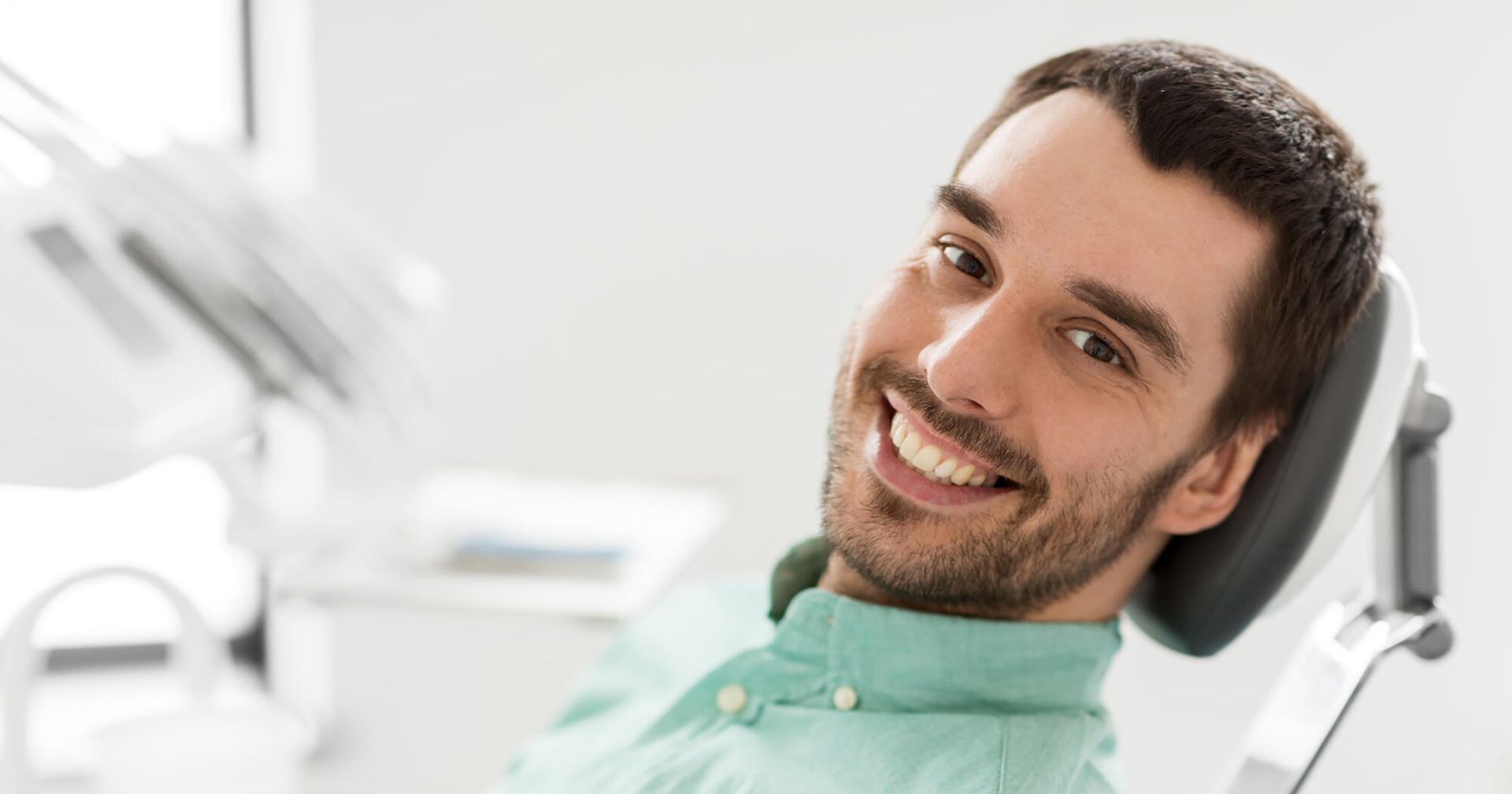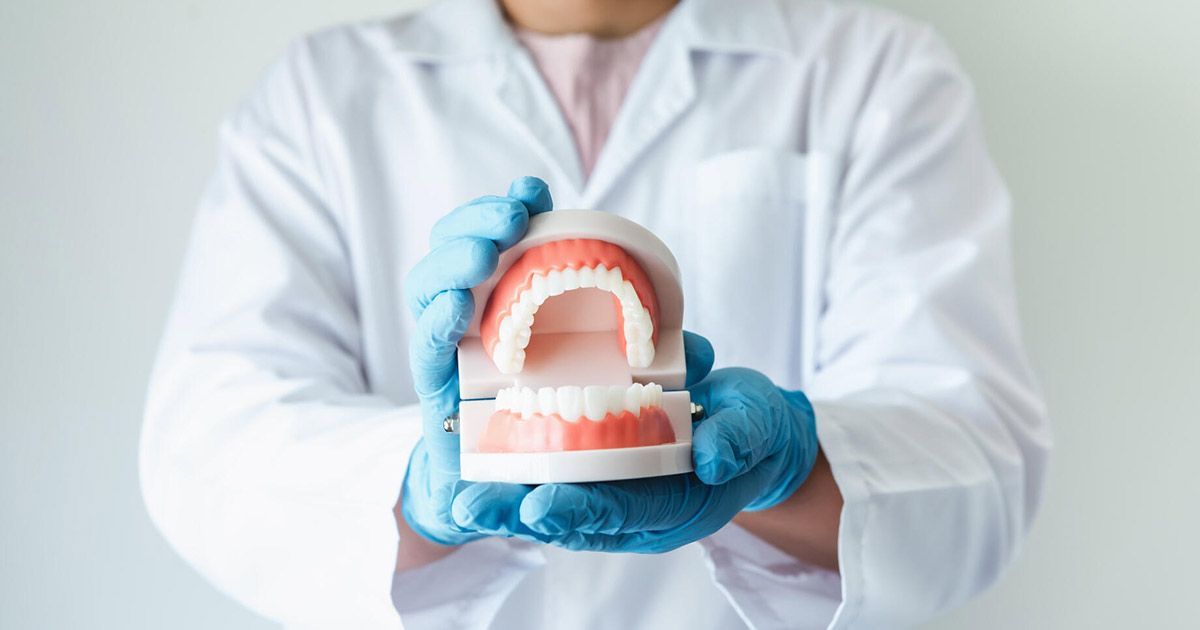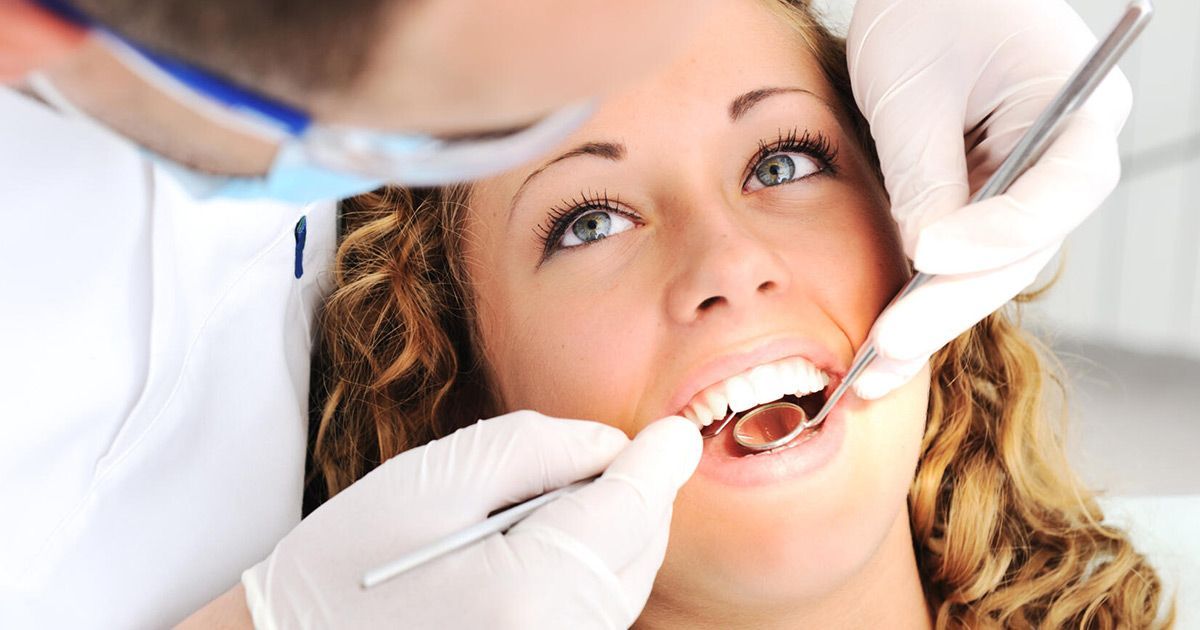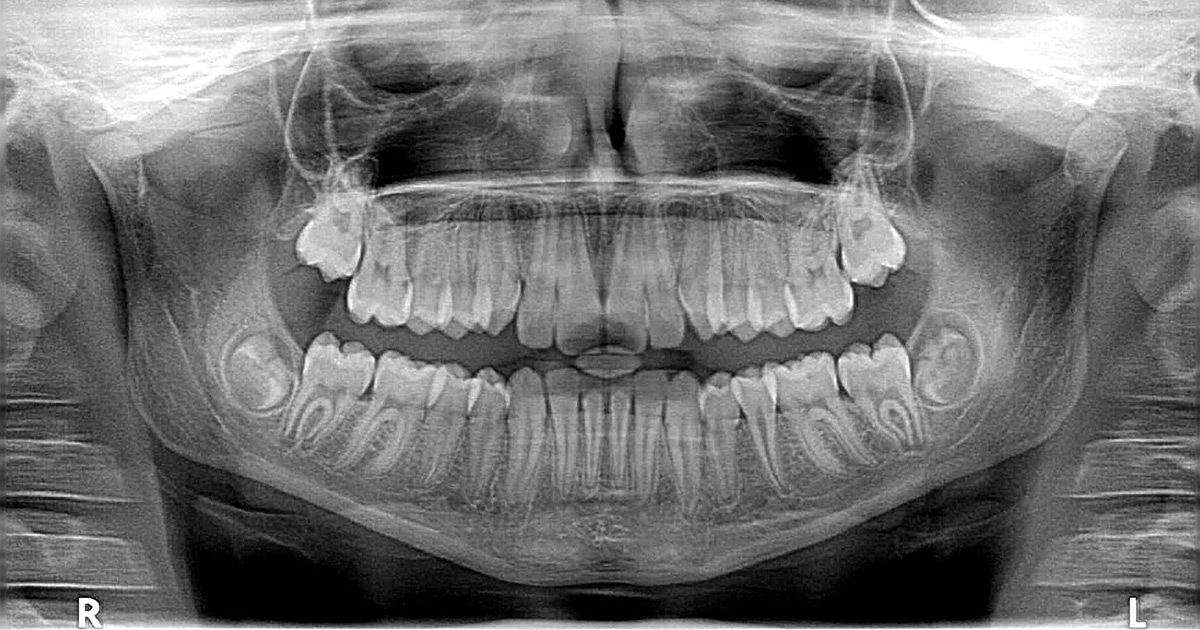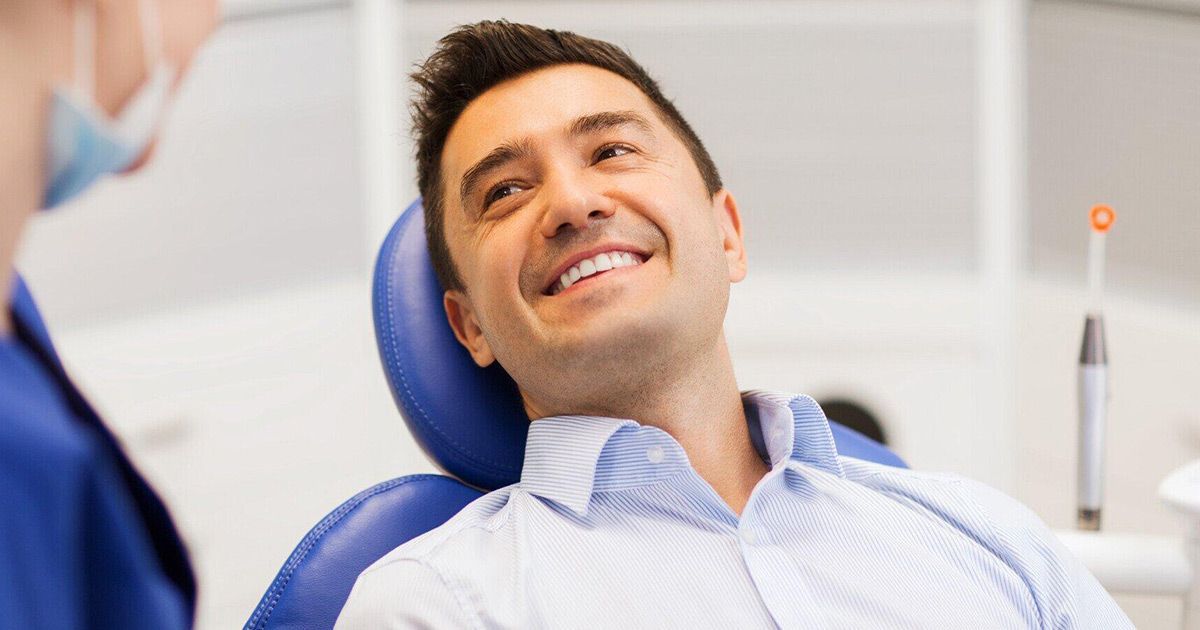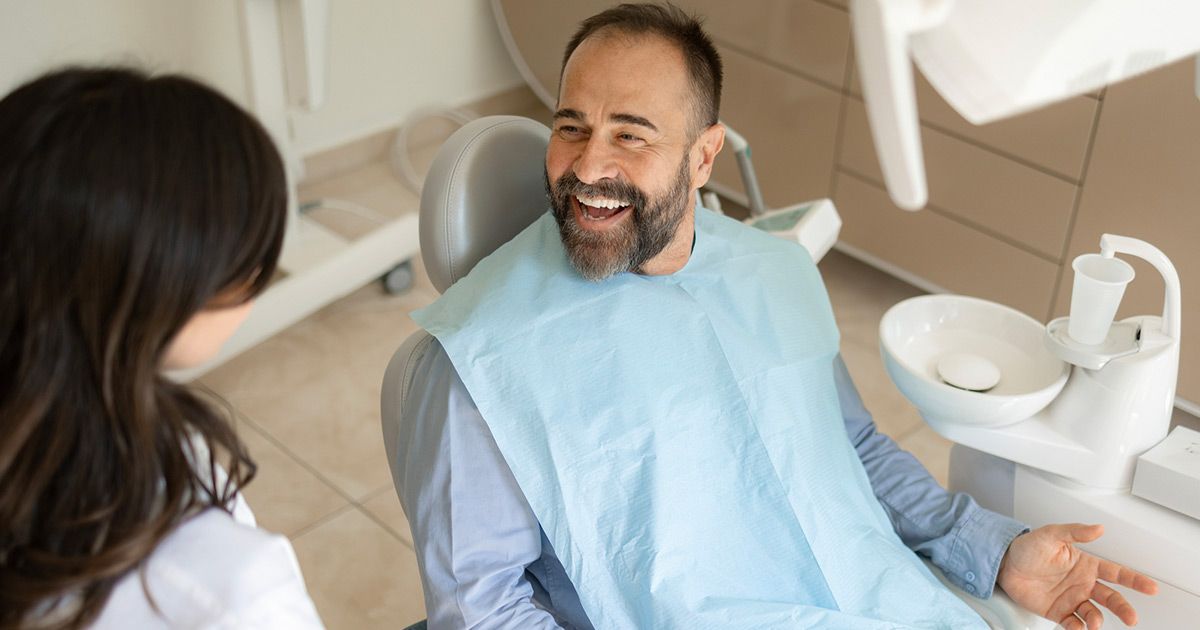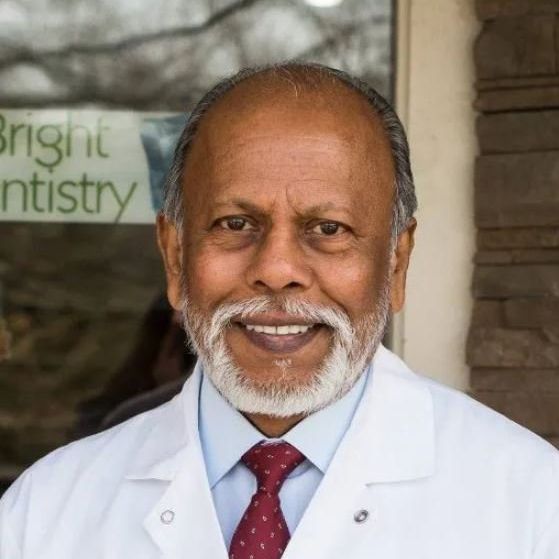Can You Drive After a Root Canal? Essential Information Inside
Can you drive after a root canal? Discover guidelines and expert tips for a smooth, worry-free recovery. Read now!
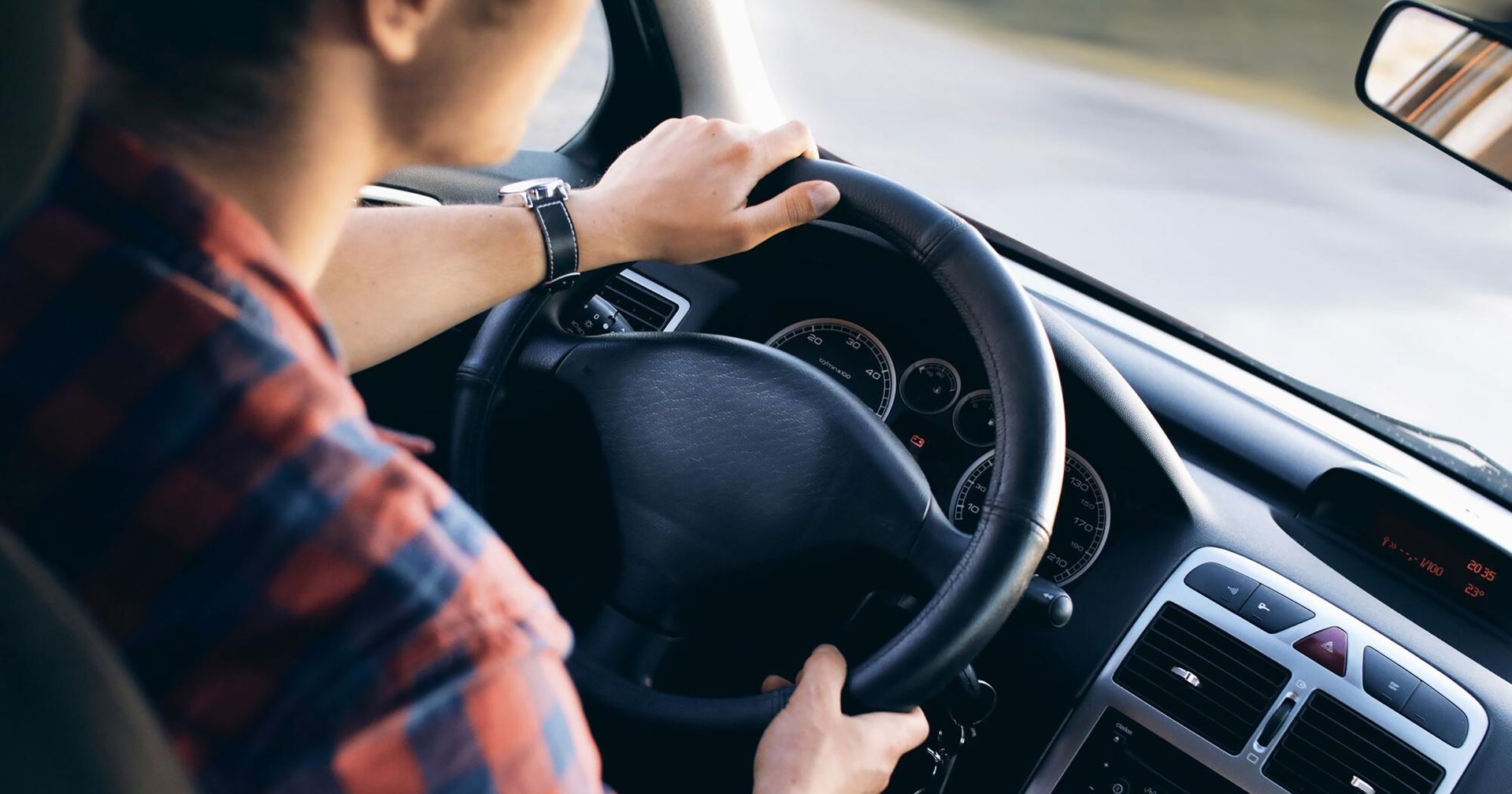
Every day, more than 41,000 root canals are performed in the U.S., according to the American Association of Endodontists. If you're scheduled for one, you might be wondering what happens afterward; specifically, can you drive after a root canal?
Root canals have a reputation for being intense, but the reality is often much easier than expected. While the procedure itself is straightforward, the effects of anesthesia, post-treatment soreness, and potential medication use can all impact whether you should get behind the wheel. Some patients feel ready to drive within an hour, while others may need a little more time to recover.
In this article, we'll break down exactly what you need to know so you can make the right call and get home safely.
The Effects of a Root Canal on Your Ability to Drive
A root canal is a common dental procedure that removes infected pulp from inside a tooth, helping to save it rather than extracting it. The process involves numbing the area with anesthesia, which could impact a person's ability to drive immediately afterward.
Dentists typically use local anesthesia to numb the affected area so that the patient doesn't feel pain during the procedure. The numbness usually lasts two to four hours, sometimes longer, depending on how a person metabolizes the medication.
While local anesthesia does not cause drowsiness, it can affect muscle control in the mouth and jaw. Some people experience temporary difficulty speaking or swallowing, which may be distracting while driving. The real concern is if the numbness extends beyond the mouth, causing tingling or weakness in the face or neck.
Can You Drive After a Root Canal? Factors to Consider
Several things influence whether driving after dental work is a good idea. While some people feel fine, others may need a little extra time before getting behind the wheel.
Type of Anesthesia Used
Patients receiving only local anesthesia can usually drive themselves home once the numbness begins to fade. However, sedation changes things significantly.
Sedation options include:
- Nitrous oxide (laughing gas), which wears off quickly but can still cause mild dizziness
- Oral sedatives, such as Valium or Halcion, which lead to drowsiness and slower reaction times
- IV sedation, which results in a deeper level of relaxation and requires a driver
Anyone receiving oral or IV sedation should arrange for a ride home, as reaction times can be significantly reduced for several hours after the procedure.
Pain and Discomfort
Pain levels vary after a root canal. Some people experience mild soreness, while others feel more discomfort as the anesthesia wears off.
Post-procedure discomfort can make driving difficult, especially if pain distracts from the road. Over-the-counter medications like ibuprofen can help, but prescription painkillers should not be taken before driving.
Individual Tolerance and Reaction
Not everyone reacts the same way to dental procedures. Some people feel dizzy or lightheaded, while others have trouble focusing.
Signs that a person should not drive after a root canal include:
- Feeling drowsy or groggy
- Experiencing blurred vision or dizziness
- Having slow reaction times
- Struggling to keep focus on the road
Anyone experiencing these symptoms should wait until they feel fully alert before driving.
Expert Recommendations and Recovery Tips
Proper post-root canal care can make recovery smoother and help patients return to normal activities safely. Driving should be avoided if any lingering side effects could affect reaction times or concentration.
Driving Recommendations
It's best to wait until the numbness fully wears off before attempting to drive, as reduced sensation in the mouth and face can be distracting. If any form of sedation was used during the procedure, driving should be avoided for at least 24 hours to ensure full alertness and coordination.
When in doubt, arranging for someone else to drive is the safest option to prevent any unnecessary risks on the road.
Pain Management Without Affecting Driving Ability
Managing pain properly can make a difference in whether someone feels comfortable enough to drive.
Safe pain relief options include:
- Ibuprofen or acetaminophen, which reduces swelling and discomfort
- Cold compresses, which help minimize swelling near the jaw
- Resting upright which prevents blood flow from increasing pain
Stronger pain medications, such as opioids, may be prescribed in certain cases. These should never be taken before driving, as they can cause dizziness and impaired judgment.
Root Canal Recovery Tips
Taking care of the treated tooth can prevent complications and speed up healing. Here are some tips to consider:
- Follow all post-root canal care instructions given by the dentist
- Eat soft foods for the first 24 hours to avoid pressure on the tooth
- Drink plenty of water to stay hydrated and aid healing
- Avoid chewing on the treated side until any tenderness subsides
- Rest for a few hours before resuming daily activities
For safe travel post-root canal, patients should avoid long drives immediately after treatment, especially if they received sedation. If traveling a long distance, it's best to rest for several hours first or have someone else drive.
Most people can return to work or normal routines the next day, though heavy physical activity should be avoided for at least 24 hours to prevent unnecessary strain.
When to Seek Help
A root canal typically has a high success rate, but dental surgery precautions should still be followed to avoid complications. If any of these symptoms occur, contacting a dentist right away is the best course of action:
- Severe pain lasting more than a few days
- Swelling or fever, which may indicate an infection
- Bleeding that doesn't stop after the first few hours
- Persistent sensitivity to heat or cold
A Safer, Smarter Recovery After Your Root Canal
Can you drive after a root canal? It depends on the type of anesthesia used and how your body reacts. If you only had local anesthesia, you may be fine to drive once the numbness fades. However, if sedation is involved, you'll need a ride home.
At Sparkle Dental, we make sure your root canal experience is as smooth as possible. Our experienced team, including specialists in endodontics, provides comfortable, efficient care right here in our office. We also offer comprehensive dental services under one roof, so you won't have to visit multiple offices for follow-ups.
Schedule an appointment today and get the expert guidance you need for a seamless healing process.
Dr. Rohit Z Patel
D.D.S
After graduating at the top of his class, Dr. Patel continued his postgraduate studies in endodontics at Columbia University College of Dental Medicine in New York. He was appointed to assistant clinical professor of dentistry at Columbia University and later moved on to teach at the Montefiore Medical Center’s Department of Dentistry. Westchester Magazine recognized Dr. Patel as a “Top Dentist for 2012.”
Dr. Yung Kim
D.D.S
Dr. Yung Kim is a double board certified Periodontist and board certified Prosthodontist, educated to treat many extremely complex disorders involving gum disease, tooth decay, and oral pathology. His focus is on full-mouth, complex, surgical, and reconstructive dentistry. He has extensive knowledge of implant dentistry and advanced surgical procedures, specializing in teeth in a day and All-on-Four implants. He is also Invisalign certified and experienced with CAD/CAM restorations and dentures.
Dr. Santvana Vyas
D.D.S
Dr Vyas attended NYU College of Dentistry and earned DDS in 2016 at the top of her class. She was inducted into Omicron Kappa Upsilon (OKU), the national dental honor society and earned Outstanding Achievement Award in study of Prosthodontics.
Dr Vyas is an active member of American College of Prosthodontics (ACP) and American Dental Association (ADA). She is appointed as a Clinical Assistant Professor at NYU College of Dentistry. She is married and is blessed with two sons.
Dr. Gianna DeMase
D.D.S
Dr. DeMase received her undergraduate degree from Binghamton University where she double-majored in Biology and Spanish. She then earned her Doctor of Dental Surgery from New York University College of Dentistry where she graduated with honors in periodontics. After dental school, Dr. DeMase completed a General Practice Residency at Jacobi Medical Center, a level one trauma hospital. Here, she participated in community outreach in the women’s health clinic and taught medical students how to do oral exams. She also worked with special needs patients in Jacobi’s Rose F. Kennedy Center. Dr. DeMase remains committed to being active in the community.
Read More
Dr. DeMase has experience in cavity restoration, endodontics, oral surgery, oral pathology, and prosthodontics including implant restorations.
She highly values patient education and always ensures your comfort and understanding of the treatment. She strongly believes in patient centered care and therefore tailors each treatment plan to you and your needs. As a member of the American Dental Association, Dr. DeMase is always aware of the latest studies and developments in the dental field and strives to apply them to her practice. In her spare time, she can usually be found with a book in her hands.


